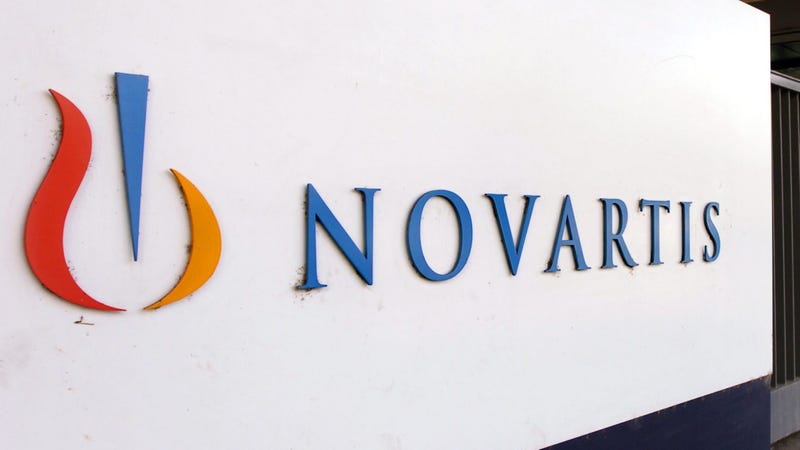-------- Forwarded Message --------
Subject: Novartis Becomes the Latest Pharma Company to Give Up on Antibiotics Research Date: Thu, 12 Jul 2018 09:02:15 -0500 From: Constantin Pandaru <
... FYI .. SOLVING THE BIGGEST MAN MADE CRISIS....?!
https://gizmodo.com/novartis-becomes...p-o-1827524081
Novartis Becomes the Latest Pharma Company to Give Up on Antibiotics Research
Ed CaraYesterday 5:35pm
Photo: Steffen Schmidt (AP/Keystone)
Much like climate change, the growing emergence of antibiotic-resistant bacterial superbugs is a ticking time bomb that threatens our very way of life. It’s also a very expensive problem to tackle, and Big Pharma has struggled to find any promising solutions. On Wednesday, yet another major pharmaceutical—the Swiss-based Novartis—announced it is dropping out of the antibiotics game.
Novartis, Endpoints News first reported, will shut down its antibacterial and antiviral research programs and lay off 140 employees at its Emeryville, California location. The cuts are also expected to affect other areas of the company, such as its pharmacology and protein sciences branches. Most of the laid-off employees will receive two months of severance, while a few will stay on to help shutter the programs.
“While the science for these programs is compelling, we have decided to prioritize our resources in other areas where we believe we are better positioned to develop innovative medicines that will have a positive impact for patients,” Novartis said in a statement, Endpoints News reported. The company will also attempt to sell the licenses to any ongoing projects, such as experimental antimicrobials in the early phases of research, to other companies.
Novartis’ exit is only the latest sign of Big Pharma’s hesitance to pursue antibiotic research; AstraZeneca and Eli Lilly have also shuttered their antibiotics research programs in recent years. While new antibiotics are still regularly discovered, their development and potential has slowed to a crawl over the decades.
That’s partly because newer drugs are often only a slight improvement over existing drugs in the same class. But antibiotics are also not that profitable, at least when compared to the latest heart medication or erectile dysfunction drug. Even when a new antibiotic does hit the market, it’s unlikely to recoup a company’s costs of shepherding it through the approval process; thanks to the legitimate fear of speeding along antibiotic resistance, newer drugs are typically used as a last resort for resistant infections, limiting their profit margins.
Governments and outside organizations have tried to convince pharma companies to keep their antibiotic research programs going through generous subsidies and funding investments in recent years, while smaller boutique research firms have also stepped in. But there’s no clear indication that these efforts are really paying off.
In the meantime, bacteria are simply winning the arms race, outpacing the development of new drugs and programs designed to combat resistance. This year alone, there were three cases of gonorrhea found to be completely untreatable through standard medication. Similar cases involving different bugs will inevitably come.
Already, superbugs are responsible for 700,000 deaths a year worldwide. But by 2050, barring any last-minute miracle, they could kill an estimated 10 million people annually—a death toll higher than all cancers combined.
[Endpoints News]
Sent from my iPhone






 Răspunde cu citat
Răspunde cu citat
Marcaje